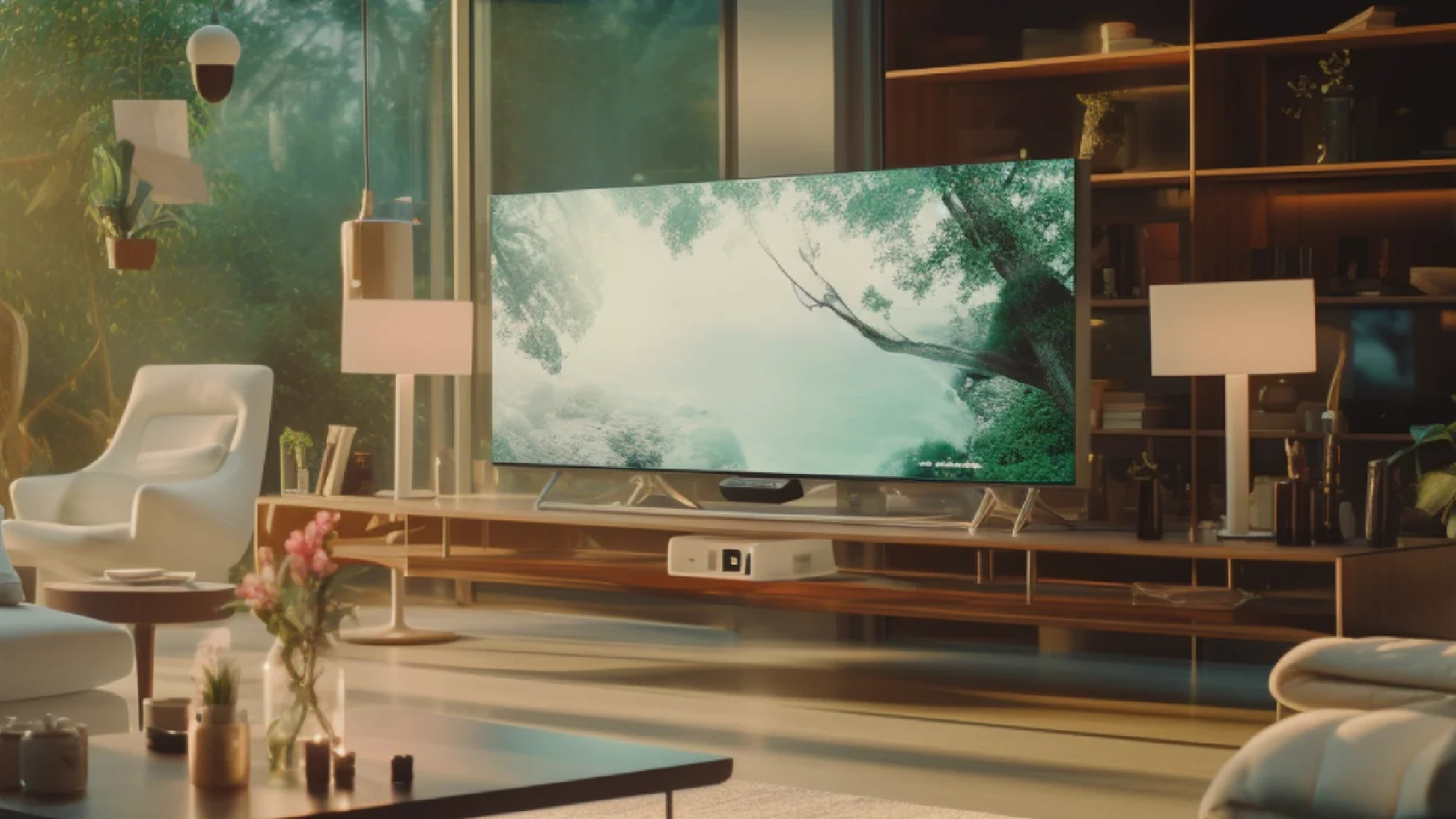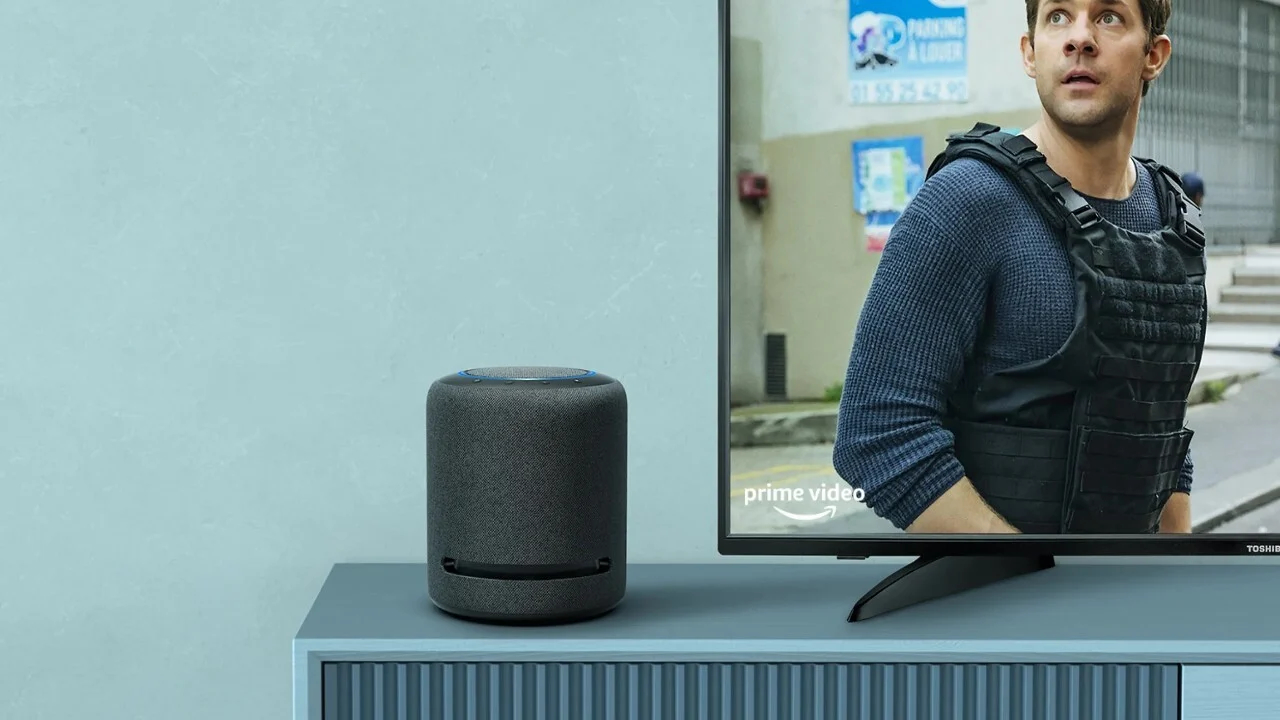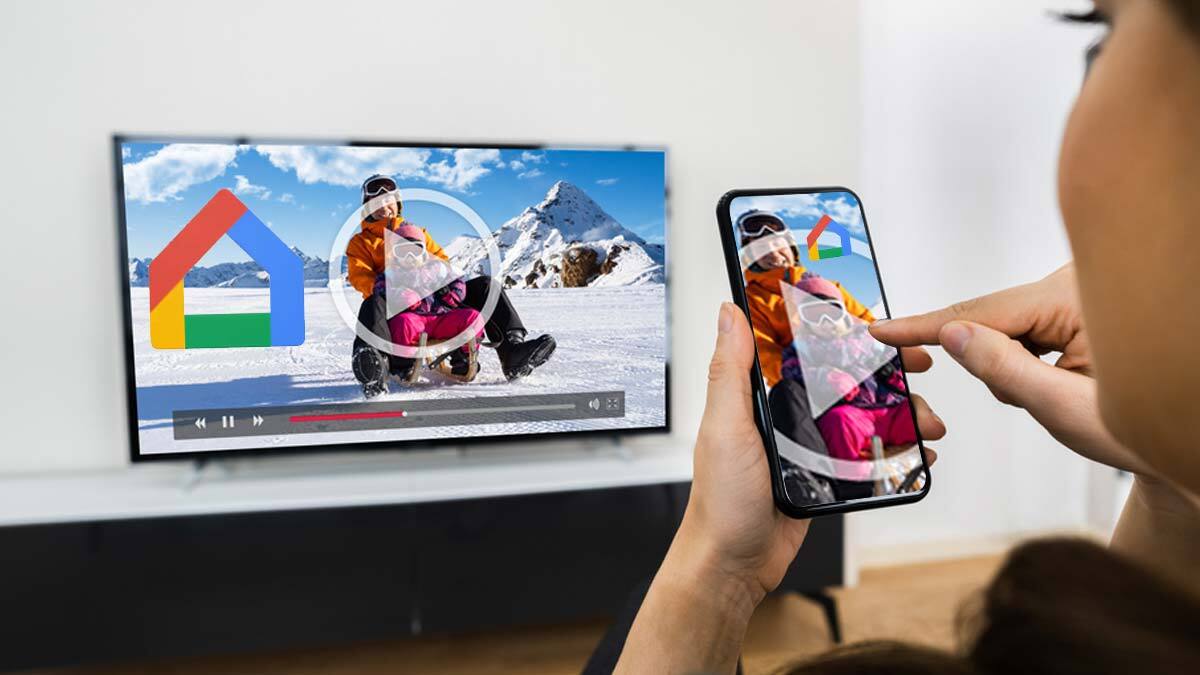
Here at Tom’s Guide our expert editors are committed to bringing you the best news, reviews and guides to help you stay informed and ahead of the curve!
You are now subscribed
Your newsletter sign-up was successful
Want to add more newsletters?

Daily (Mon-Sun)
Tom's Guide Daily
Sign up to get the latest updates on all of your favorite content! From cutting-edge tech news and the hottest streaming buzz to unbeatable deals on the best products and in-depth reviews, we’ve got you covered.

Weekly on Thursday
Tom's AI Guide
Be AI savvy with your weekly newsletter summing up all the biggest AI news you need to know. Plus, analysis from our AI editor and tips on how to use the latest AI tools!

Weekly on Friday
Tom's iGuide
Unlock the vast world of Apple news straight to your inbox. With coverage on everything from exciting product launches to essential software updates, this is your go-to source for the latest updates on all the best Apple content.

Weekly on Monday
Tom's Streaming Guide
Our weekly newsletter is expertly crafted to immerse you in the world of streaming. Stay updated on the latest releases and our top recommendations across your favorite streaming platforms.
Join the club
Get full access to premium articles, exclusive features and a growing list of member rewards.
Where once we relied upon particular smart home devices to control everything from an overhead light to the toaster, now we may well not require these additional products as one already exists at the center of our living spaces — the TV.
Smart Home hubs are relatively beloved. The Amazon Echo, for one, is a well-rounded device — one we gave 4.5 stars — that provides you with some incredible freedom and access to a wide range of use cases, most notable among them being instantaneous music playback in the form of built-in speakers.
Despite that, we generally already have a device (or several devices) that allow us these same modes of play, and while we may not always be sitting right in front of the TV or even have it on when a particular query arises, these considerations can be met in due time.
In an interview with Cord Cutters News, Google TV executive Rob Caruso highlighted this new evolution of the TV as a smart hub, claiming that it’s not only based in fact but an inevitability — one that is quite nearer on the horizon than you might think.
Replacing smart speakers with smart screens

TVs offer up the nexus point for all entertainment. Seated at the center of most of our living spaces — and often even well beyond — TVs are our gateways into many various worlds of imagination. But, what if they could do more? What if the best TVs could serve not just as windows into games, movies, and sports content, but literally control the home around you?
That’s what Caruso claims will be a byproduct of the “TV being the center of the home.” The Google executive, who leads Google TV’s product and user experience, highlights that “the TV industry has been talking about this for years,” — “this” being TVs as smart home hubs. It’s clear this reality is shaping up to come to fruition far quicker than many may realize.
Integrating the smart home hub onto the TV will completely streamline the entire process. Why have a measly speaker as your main smart hub when you could just use the TV? New models and even those from the past few years come equipped with relatively practical speakers and an entire smart platform — smart platforms like Google TV, which could in theory entirely replace your Google Nest Hub or other smart home device.
Get instant access to breaking news, the hottest reviews, great deals and helpful tips.
Samsung itself calls its 2024 TV lineup — and more specifically its new NQ8 AI Gen3 processor — the heralds of the “AI screen era.” Although more so pertaining to picture upgrades and deeper personalization, the idea is seeing itself expanded well beyond these aspects and into territories previously relegated to a tiny speaker on the coffee table.
A cinema at the heart of the smart home

Google TV might well be the one to shape this new era of change and innovation on the side of the TV as the smart home hub. The best Google TVs come highly regarded due to this very software, an OS that proves to be an extremely appealing offering for both users and manufacturers. Many companies are now moving away from Roku to Google TV, including Hisense, TCL, and Sony.
The use of Google TV makes initial setup incredibly simple and streamlined. If you typically use Google Chrome and are signed into various other streaming services, the software automatically logs you into most of them on the TV, thus saving you a ton of time. This process can be broadened to include various other resources pertaining to smart home controls and apps.
And, Google isn’t alone. At CES 2024, a slew of exciting announcements made head-waves, but two in particular show where our TVs are no sooner headed. Both LG and Samsung announced a more advanced line of smart hub functionality, allowing users simpler methods for smart home interactions.
"LG TVs will act as hubs for Google Home, so you can easily set up and control any Matter device, see and control LG, Google, and Google Home devices right from the TV or ThinQ app."
Erik Kay, Google
LG is incidentally turning to Google’s smart hub platform for its TVs (and potentially even monitors). The company announced at CES that Google Home’s integration will gift its products more streamlined Matter controls for its customers. This will allow you to preform a variety of Matter-based controls, lending some of the best LG TVs wider access to smart home functionalities.
Samsung’s iteration will instead leverage SmartThings, its smart home hub software that has built-in Matter connectivity, with its own TV Quick Panel. This will let users, as Samsung itself explains in a blog post, “manage devices, view cameras, and even ring their phone to locate it within their home.” The functionality will even allow Samsung TVs to automatically turn on when you walk close to the screen.
These new protocols will probably first make their way onto 2024 TVs, but might be pushed onto older sets over time, given both LG's and Samsung's continued commitment to improving upon the software on their older sets.
The roadblocks of TV smart home hubs
Google Home, however, isn’t the most streamlined of software suites. It has its myriad of issues, as one anonymous user notes in a community post published this past November. The user cites that “Google Assistant works 10% of the time” and “devices will say they aren’t connected even though they are.”
Clearly there’s still several growing pains to contend with on the software side of things. Add to that the potential mess on the hardware front, most specifically power consumption. Using the TV as a smart home hub would most definitely require the device to be powered on continuously in some capacity for it to function properly.
This can be bypassed in some way by using a separate box, like Samsung’s One Connect Box, though it would sort of defeat the purpose of having the hub in an all-in-one form on the TV. There is also the potential for having a sort of always-on-display as seen on newer smartphones, but power saving and consumption would have to be intensely considered.
There’s also several privacy concerns that might raise several eyebrows. You probably won’t want a camera or voice assistant integrated into the TV, especially with previous examples of malfeasance as seen with Vizio TVs. The TV manufacturer was found to be spying on its users, leading to a $17M lawsuit it settled in Federal court.
Thus, there’s room for this idea of the smart home TV to grow and mature, most especially witnessed in heightened privacy, improved software, and more low-powered hardware capabilities. But, while it might be a mixed bag as it stands, the integration of the smart home hub into our TVs is a future worth getting excited for, as one less device is a welcome change.
For now, though, it might be more apt to stick with the best smart home hubs, like an Aeotec Smart Home Hub, until that era of the smart TV home base finally comes to fruition.
More from Tom's Guide
- Watch out, LG — Samsung now owns nearly a quarter of the OLED TV market
- LG B3 OLED review: An amazing value
- Best projectors 2024: ultra short-throw, long throw and laser projectors

Ryan Epps is a Staff Writer under the TV/AV section at Tom's Guide focusing on TVs and projectors. When not researching PHOLEDs and writing about the next major innovation in the projector space, he's consuming random anime from the 90's, playing Dark Souls 3 again, or reading yet another Haruki Murakami novel.
 Club Benefits
Club Benefits





